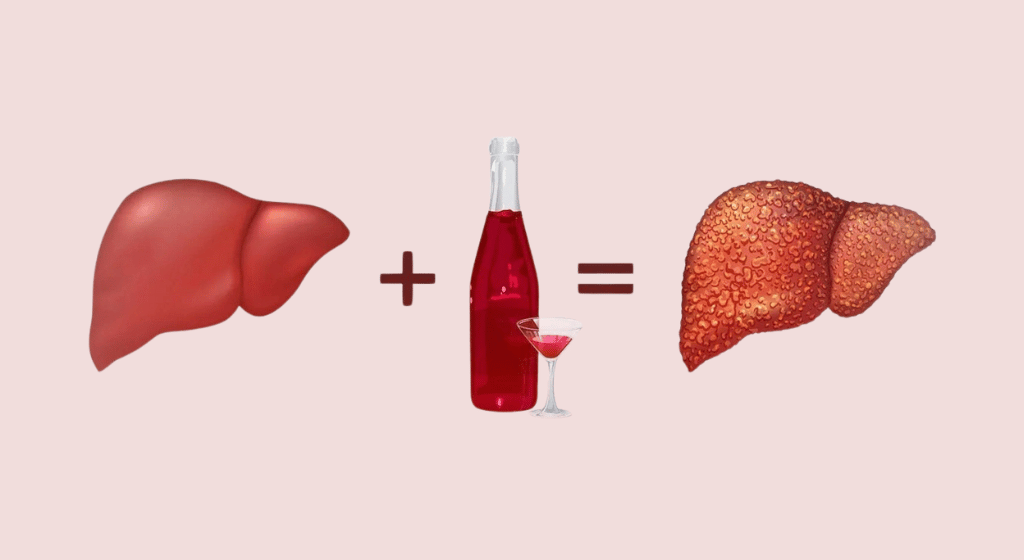This Popular Drink Destroys Your Liver! Do You Drink It?
The Potential Harms of Alcohol
Alcohol consumption can lead to a variety of harmful effects on the body. In this article, we will explore the most significant potential harms associated with alcohol use.
Major Alcohol-Related Health Risks
1. Alcohol’s Effect on the Brain
Even moderate alcohol consumption can negatively impact brain health. Studies show that people who drink regularly tend to have smaller brain sizes, and women who are addicted to alcohol may lose brain mass at a rate twice as fast as men who are also addicted. Brain size plays a role in cognitive abilities, including analytical thinking.
Alcohol’s effects can also extend to future generations. Children of parents who consume alcohol heavily may experience hindered brain development. Research has revealed that individuals with a family history of alcohol abuse often have smaller brains compared to alcoholics without such a background. This suggests that brain damage linked to alcohol may result not only from heavy drinking but also from genetic and environmental factors.
Brain Recovery from Alcohol-Related Damage
Excessive alcohol consumption can reduce brain size and impair memory, learning, and organizational skills. However, after quitting alcohol, the brain can recover most, if not all, of its previous functioning. Although both men and women are susceptible to these negative effects, women tend to experience them more quickly than men.
2. Alcohol’s Impact on the Liver
The liver plays a key role in filtering alcohol, but this process comes at a cost. Each time the liver processes alcohol, some of its cells die. Over time, the liver’s ability to regenerate becomes compromised, especially with prolonged alcohol abuse. Long-term excessive drinking can lead to serious liver damage, reducing the organ’s capacity to repair itself. It is also associated with a higher risk of liver disease and other health complications.
Symptoms of Excessive Alcohol Consumption
When alcohol begins to severely affect the liver, several symptoms may arise, including:
- Fatigue
- Weakness
- Unexplained weight loss
- Loss of appetite
- Jaundice (yellowing of the skin and eyes)
- Swollen ankles
- Confusion
Complications from Alcohol-Related Liver Disease
In severe cases, alcohol-related liver disease can lead to life-threatening complications, such as:
- Internal bleeding
- Toxin buildup in the brain
- Fluid accumulation in the abdomen
- Liver cancer
Treatment for Alcohol-Related Liver Disease
There is currently no specific medical treatment for liver damage caused by alcohol. The most effective approach is to stop drinking, which can prevent further damage. In some instances, the liver cells may partially regenerate. However, in extreme cases where the liver stops functioning even after the individual has quit drinking, a liver transplant may be necessary.
Conclusion
Alcohol’s harmful effects are widespread, impacting critical organs like the brain and liver. While some damage may be reversible by quitting alcohol, prolonged abuse can lead to lasting, life-threatening conditions. Understanding these risks can help individuals make more informed choices about alcohol consumption.



